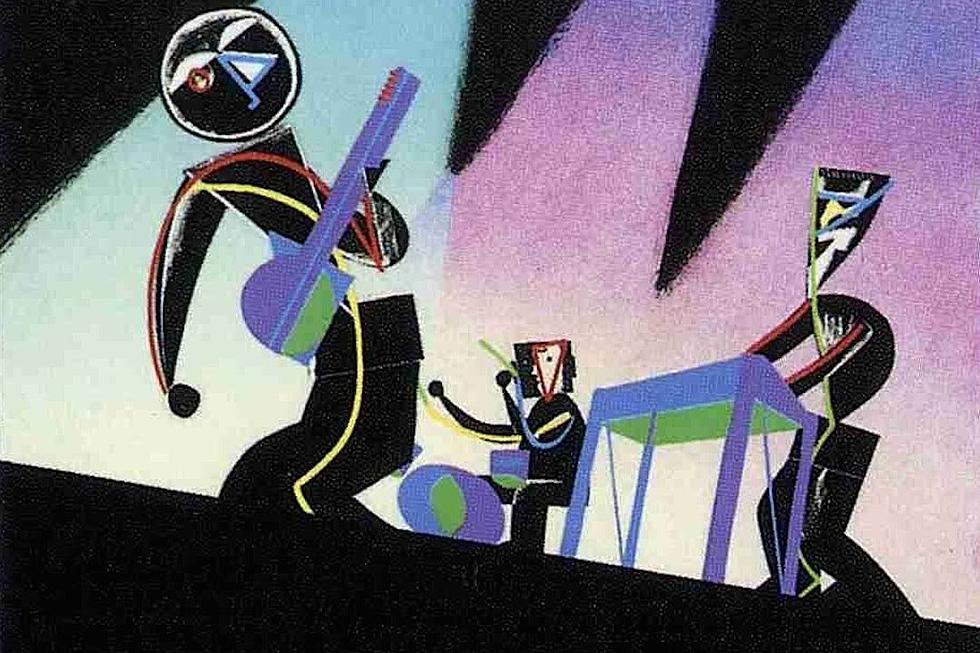
Geddy Lee Of Rush Talks ‘Moving Pictures,’ The Move Back To Heavier Music
On the eve of their first-ever live performance in Ireland earlier this month, Geddy Lee of Rush was interviewed on the Irish radio program 'The Last Word' with host Matt Cooper.
Lee spoke with Cooper regarding a number of subjects, including the band's 1981 album 'Moving Pictures,' the band's eventual transition back to heavier music, and the enduring legacy of Rush. Speaking to Cooper via phone from Copenhagen, where the band was preparing to play a show, Lee talked about the reason that the band chose to spotlight 'Moving Pictures' in full on the current tour.
He said that besides celebrating the 30th anniversary of the album, it also gave them the opportunity to play the rarely played album track 'The Camera Eye,' a track that Lee calls one of the "most requested songs" from the Rush fanbase. "For some reason, because it's such a long song, we never found an appropriate way of bringing that into the show. But doing it in the context of this full 'Moving Pictures' album makes perfect sense to us."
Talking about the group's enduring popularity, Lee says, “we had a period where we were inactive for about five or six years for personal reasons. When we came back, there was this renewed energy and renewed interest and simply an appreciation for the fact that we’re able to play as a band together at a particular level. And I think while we’re still capable of playing at a high level, we kind of feel it’s our obligation to do that."
He goes on to ponder the band's eventually mortality: "There's going to come a time when we cannot accomplish the things we can accomplish as musicians right now, so I think it's a matter of carpe diem. It's a matter of grabbing the moment and doing what you can do while you can do it.”
Following albums like 'Moving Pictures' and 'Signals,' Rush began to shift back to a more traditional hard rock sound and moved away from their sound at the time, which had become heavily synth-based. Lee says that it was a move that happened for several reasons, one of which was his own desire to focus more on his “number one love” of playing the bass.
According to Lee, the “heavily layered” sound of the group had become very “dense” and there was a unified desire to move towards a sound that would bring more “clarity” and “singularity” to the sound of Rush. The entire interview can be heard as a free podcast here.
The Time Machine tour was captured in on film during the band's Cleveland performance -- check out our exclusive photos of that show -- for an upcoming DVD release, Set for release later this year, Rush engineer Rich Chycki says in his recent blog post that work on the Cleveland DVD is “underway.”
More From Ultimate Classic Rock









